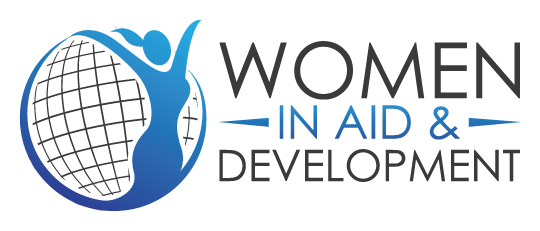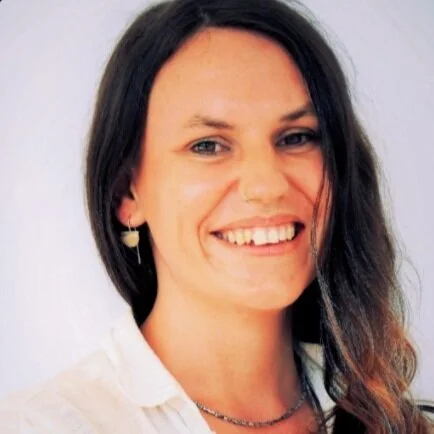Monitoring and evaluation answers the essential questions: “What’s going on?” and “What’s happened?”.
In the aid and development sector monitoring and evaluation is used to understand and track program performance. It is a basis for accountability to stakeholders, provides evidence to support well-informed management and decision-making. Importantly, it enables organisations to report on the effectiveness of program implementation.
So, what’s involved day to day? How do you become a monitoring and evaluation practitioner? Do you undertake a degree or is it possible to learn on the job? At this event participants heard directly from women who are engaged in the field. They answered these questions, and shared information about how they started their career, the opportunities that made a difference and the challenges they have encountered.
As usual, the event was a relaxed chat, with questions to follow and an excellent opportunity to network.
You are welcome to watch the full event recording below, and we hope to see you at our next event series!
Monitoring and evaluation event recording
Guest speakers
Ellie Macdonald
Ellie Macdonald is a Gender Data Consultant for UN Women in Timor-Leste and as a Manager for the Research, Monitoring and Evaluation Practice at Tetra Tech International Development (previously Coffey International Development).
She brings expertise in public policy and monitoring and evaluation, having worked across the not-for-profit, university, government and international development sectors for ten years.
With a Masters of International Relations Ellie has studied and worked in Latin America, Spain, Indonesia and Timor-Leste. With a breadth of experience across organisations including Asialink, Oxfam Australia, the Victorian Public Service and UN Women, Ellie has a strong understanding of the needs of different sectors and how they can effectively work and partner together to achieve mutual goals.
Ellie’s skills and experience include leading teams to initiate new partnerships and projects, monitoring and evaluation, advising on policy and program design, workshop facilitation, stakeholder engagement and negotiation, project management and cross-cultural communication. Ellie also operates at a working proficiency in English, Spanish and Tetun.
Kathryn Dinh
Dr. Kathryn Dinh started her career as a journalist before moving into the international development and health sectors where she has now worked for more than 23 years, including 18 years in monitoring, evaluation and learning (MEL).
She is currently Director of the consulting firm Lotus Evaluation and works as a contracted MEL specialist to the Australian Government Department of Foreign Affairs and Trade’s (DFAT’s) Health Security Initiative for the Indo-Pacific Region and its Vaccine Access and Health Security Initiative. This role involves working on DFAT’s support for the COVID-19 response in 18 countries in the Asia Pacific with multilateral, regional and Australian partners. She has led the design and implementation of complex, multi-country evaluations of international development programs and provided ongoing evaluation advice and capacity strengthening support to governments, consortiums, NGOs and academic institutions.
She has completed a PhD in HIV advocacy and culturally responsive evaluation at the School of Population Health, University of New South Wales and is an Affiliate of the Center for Culturally Responsive Evaluation and Assessment at the University of Illinois, US.
Claire Hanson
Claire Hanson is a social inclusion expert with a strong background in disability, gender, youth and protection. With over 10 years in the non for profit and development sectors, she has been based in Cambodia for the past 3 years. Most recently working as the Gender Equity Diversity & Social Inclusion (GEDSI) Programs Manager for Agile Development Group - a social enterprise dedicated to the empowerment of women with disabilities - and is currently in the process of handing it over to be a fully Cambodian organisation.
She holds a Masters of Development Studies from Sydney University and has extensive experience designing and delivering inclusion and research projects, program management and Monitoring and Evaluation. Her work has taken her from Cambodia to Indonesia, Myanmar, Papua New Guinea, Turkey and Lebanon.
Claire’s particular area of interest is in how the intersection of identities (e.g. gender + impairment, + language) impacts access to services. Claire is a member of the Australian Disability and Development Executive Committee and has recently consulted for Cufa Austalia, Mine Action Group, Catholic Relief Services, Good Return, Plan International, UNDP and others. Her approach to Monitoring, Evaluation and learning, utilises data to assess the barriers to the inclusion of marginalised groups in programmes and services & specialises in building the capacity of civil society organisations to monitor and evaluate their own activities.



